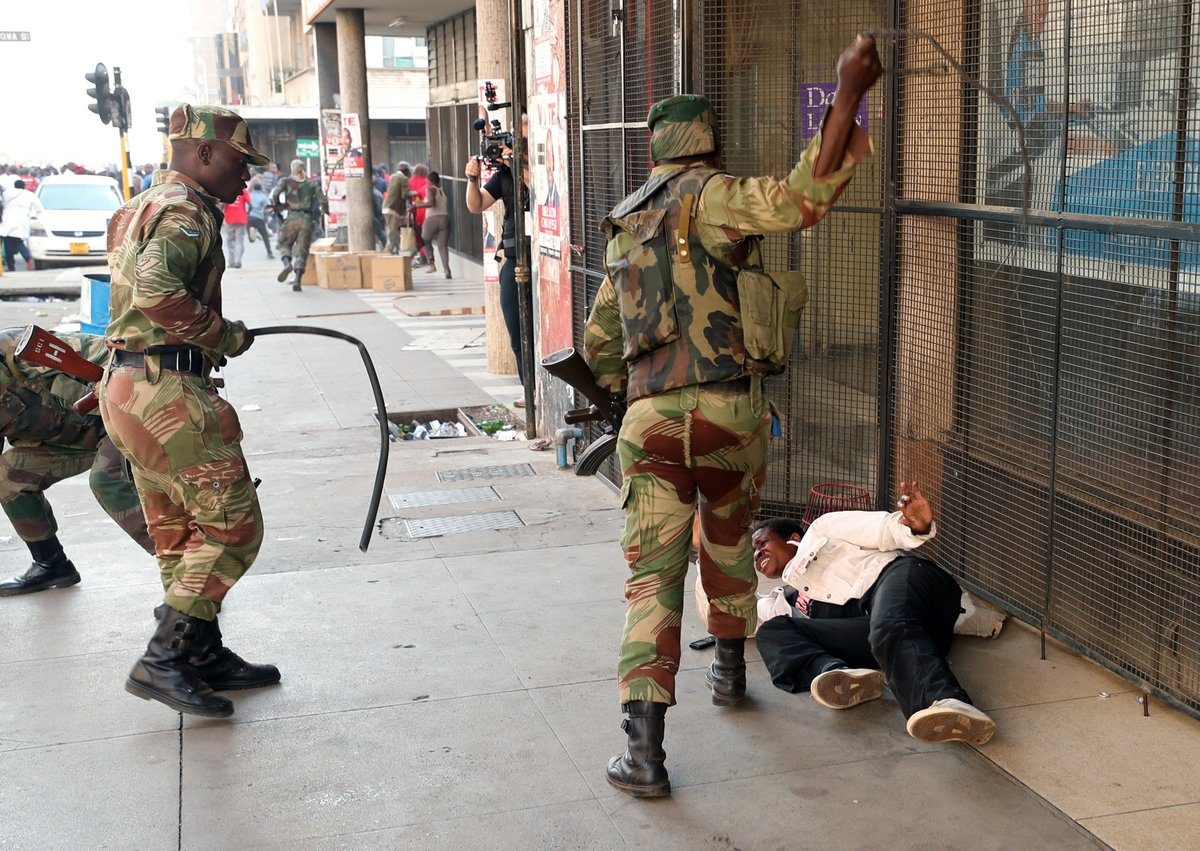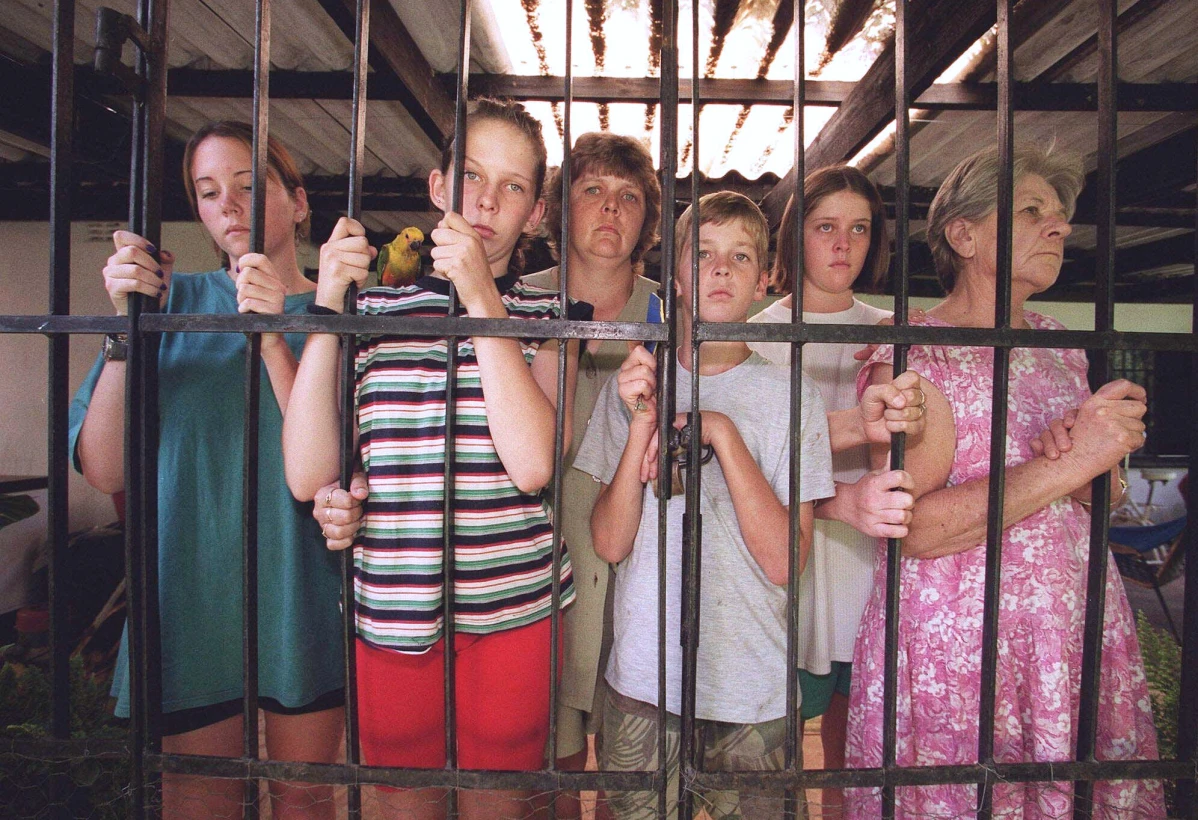CAPE TOWN – British Prime Minister Theresa May says the conduct of an inquiry into the August 1 massacre on the streets of Harare will be a key indicator of President Emmerson Mnangagwa’s willingness to reform.
Soldiers opened fire on opposition protesters, killing at least seven people and wounding dozens more two days after the country went into key elections on July 30.
Mnangagwa was declared President on August 3 by the Zimbabwe Electoral Commission and the Constitutional Court later threw out an appeal by opposition rival Nelson Chamisa for the election to be set aside on account of irregularities.
May, speaking during a trip to South Africa on Tuesday, avoided saying she endorsed Mnangagwa’s election but said they would be watching the investigation into the army killings.
Mnangagwa is shortly expected to announce a commission of inquiry made up of foreign and local investigators to probe the incident which blighted an election which observers said was generally peaceful.
“I was pleased to hear that President Mnangagwa had said that he would set up a commission into the violence that we have seen taking place,” May said.
“That’s a very important signal from him about the Zimbabwe he wants to see for the future and a Zimbabwe that is taking the opportunities for its people for the future.
“I think there’s a real opportunity for Zimbabwe now and I look forward to Zimbabwe being able to grasp that opportunity for the future.”
Mnangagwa is desperate for support from Western countries as he tries to build up Zimbabwe’s economy, which is nearly 20 years in decline.
German Cooperation and Development Minister Gerd Müller made a rare visit to Harare by a minister of a Western country on Tuesday. He will be visiting six other African countries on the mission to promote free trade.
He said: “We congratulate you on holding these elections and on the inauguration of the new President. It was very important that this inauguration took place following the decision of the independent court ruling.”
He noted that Mnangagwa had promised a “new start”, but said this must take place in peace, and with the cooperation of the opposition and civil society to take the country forward.
“We will implement measures that improve the situation for people in rural areas; that will benefit agriculture, and we will do something to improve investment, and do more in the field of technical and vocational training benefiting the young people,” he said.
















